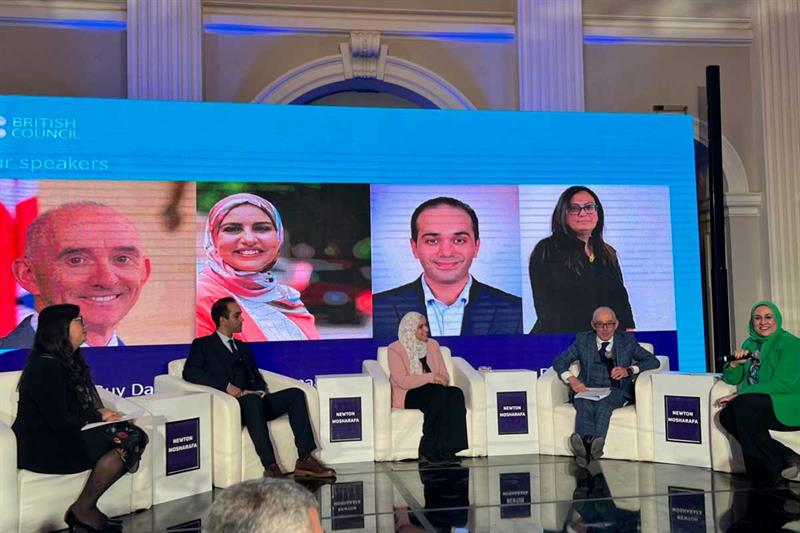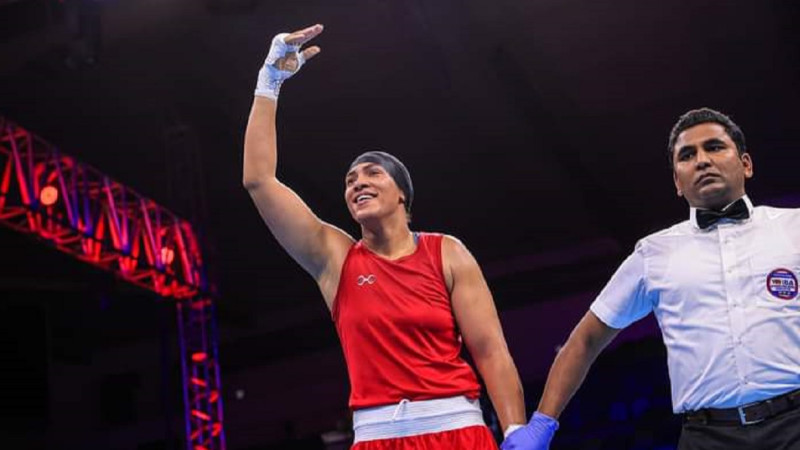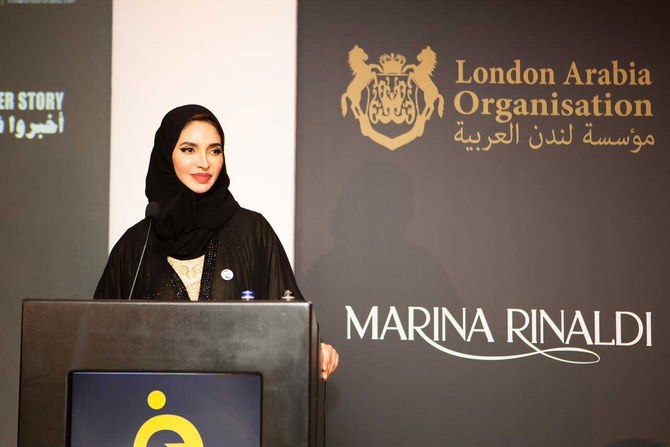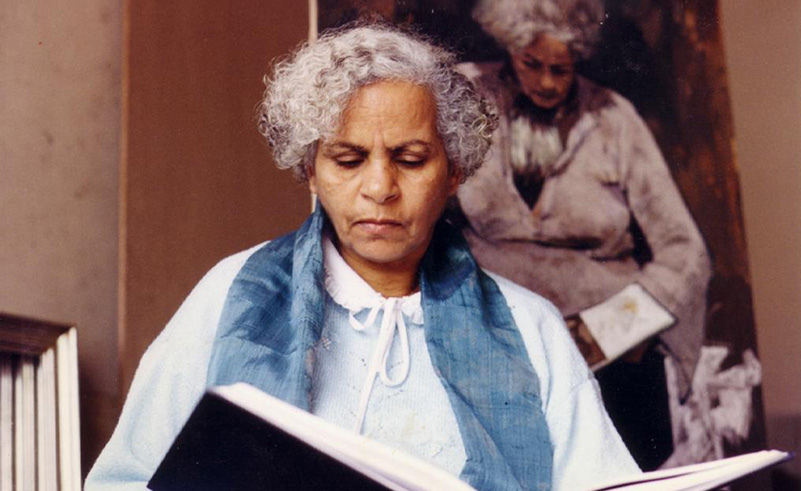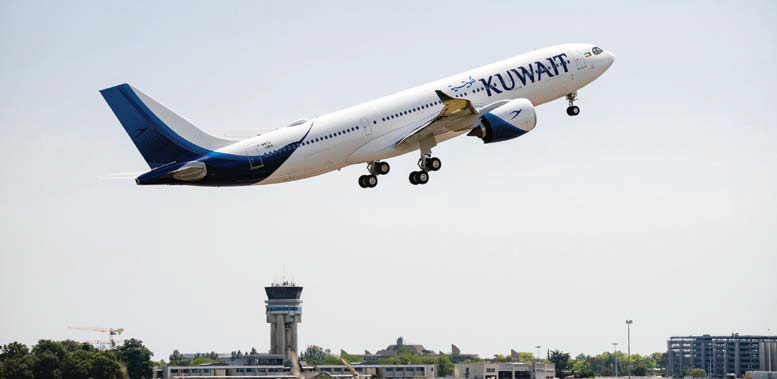In our continuing series of inspiring life stories across continents, we hear about the Egyptian-American economist’s battle to overcome institutional prejudice.
It was speech day in the last week of secondary school when Mohamed El-Erian might have been forgiven for thinking that all lessons had come to an end, but there was one more in store for the unsuspecting student.
Seated in the audience, flush with the thrill of winning a scholarship to read economics at Queens’ College, Cambridge, Mohamed was listening as the roll call of the cohort’s achievements was read out.
The teenager, an Egyptian-American, was the only foreign pupil at St John’s, Leatherhead, then a private boys’ boarding school in a leafy town just south of London, and one of two in the year to have gained entry to Oxbridge, the duopoly of grand ancient seats of learning in the cities of Oxford and Cambridge.
The feeling of being about to go up to Cambridge was “incredible, absolutely incredible”, yet when the headmaster wrapped up the announcements there had been no mention made of any El-Erian. Nor was his honour logged, like that of the other successful applicant, on the school record.
Mr El-Erian, now 62, known to millions as a globe-trotting economist who has shaped thinking about historic twists in the world’s fortunes, was recently elected as president at his alma mater at the University of Cambridge, the place that equipped him so well for his stellar future.
But back in the 1970s, the struggle for recognition with his old school was to last almost the entirety of his undergraduate degree and would inadvertently serve “as an indication of the institutional racism that was still ripe at that time” in England.
To this day, Mr El-Erian, credits one of his masters at St John’s School, Bill Chubb, for not only inspiring him to succeed but for taking up the three-year fight to have the school and its headteacher recognise that triumph.
Fast forward more than four decades and the circle has completed in proper order. “Our congratulations to Dr Mohamed El-Erian (West 1973-1976) on his election as the 42nd president of Queens’ College, Cambridge,” announced a recent issue of the school’s The Old Johnian publication. “He will take up office from October 2020. Mr El-Erian won a scholarship from St John’s to read economics at Queens’ College.”
The new president of the college founded in 1448 arrived in post six months after the pandemic hit. His social media feeds are filled with scenes from across the picturesque city, whether of the Mathematical Bridge, the 270-year-old wooden structure he wanders over to reach the half-timbered lodge where he now lives, or the surrounding countryside he walks in with his beloved dog Bosa.
Unsurprisingly, one of the key objectives he aims to deliver on is expanding access to the college to more people from diverse and less advantaged backgrounds.
He also wants to encourage students “to do even better what they already do well”, which he himself learnt after arriving at Cambridge full of worries about being able to keep up academically, making friends or fitting in.
“It took me some time to get over this ‘imposter syndrome’ and, returning for my second year, I had a noticeable bounce in my step,” Mr El-Erian tells The National.
However, when he went to the customary beginning of term meeting with his director of studies in economics, Andy Cosh, he was asked how he thought it had gone so far.
“When I responded ‘great’ to his question about my first year, he immediately said: ‘You could and should do so much better.’ That remark had a notable impact on me. And I took it to heart.
‘With a mix of renewed determination and nervous excitement, I tried to do both more and better. I was fortunate enough to end up getting a first class honours degree, captain of the football team, on the squash team, and making amazing friendships that have lasted to this day. Moreover, every year was more fun than the previous one.”
Mr El-Erian, though, credits the entire experience of studying at the revered institution for broadening his horizon, exposing him to robust academic discussions, providing key analytical tools, and introducing him to interdisciplinary approaches.
Knowledge gains such as these propelled him on to the world stage. His career began at the International Monetary Fund in 1983, straight after a doctorate in economics at the University of Oxford.
Joining the Washington-based lender had never been part of his initial plan, though. “I had intended to be an academic,” he says.
When his father died suddenly, Mr El-Erian felt an imperative to find a higher-paying job than one in academia to help his “amazing mother” support his seven-year-old sister.
“The IMF ended up being an outstanding experience, exposing me to remarkable economic and financial policy issues at a relatively young age,” he says.
After 15 years, he moved into the private sector with Salomon Smith Barney/Citibank in London, where he wanted to understand how finance and “the plumbing of the international economy” worked.
It was not long before the axiom “when El-Erian speaks, Wall Street listens” was coined.
From there, he joined the global investment management company Pimco in 1999 as head of emerging markets portfolio management, latterly becoming chief executive and co-chief investment officer of the then $2 trillion investment fund.
Until, that is, the father of two got an unexpected memo, received after telling his 10-year-old daughter to brush her teeth. “She asked me to wait a minute, went to her room and came back with a piece of paper. It was a list that she had compiled of her important events and activities that I had missed due to work commitments,” he said in a 2014 interview. Jotted down were 22 milestones for which he had been absent: her first day of school, first football game, Halloween parades, several recitals.
“Talk about a wake-up call … my work-life balance had gotten way out of whack, and the imbalance was hurting my very special relationship with my daughter.”
Famously, he quit. Afterwards, he invested more time in his family and became economic adviser to the management board at financial services company Allianz, a role he still holds part-time today.
He also wrote The Only Game in Town, his second New York Times best-seller, on the protracted policy over-reliance on central banks. His first book, the award-winning When Markets Collide, which highlighted the growing fragilities and the likelihood of major meltdown, was published just before the 2008 global financial crisis.
Writing – books and economic analysis articles for media organisations – helps expose gaps in his knowledge and discipline his thinking process.
It is a personal philosophy inspired by his father, who gained a doctorate on scholarship to Columbia University, was a professor at Cairo University and later joined the diplomatic service with postings to the United Nations mission in New York and the embassies in France and Switzerland. He was then elected judge of the International Court of Justice in The Hague.
As a consequence, Mr El-Erian’s upbringing was very international. He was born in New York and schooled there as well as in Cairo, Paris and St John’s, where his Egyptian parents hoped to give him the stability of learning one academic curriculum in one language – he speaks four: English, French, Arabic and Spanish – and the chance to make friends.
There was a particular interaction with his father that stands out in Mr El-Erian’s memory. Every morning, El-Erian Snr read the five newspapers delivered to the ambassadorial residence in France. Occasionally, he would check if his teenage son had read them, too.
“I asked him what was the point of having so many newspapers as, after all, ‘the news is the news’.
“‘Wrong’, he responded and explained that through the range of newspapers we were receiving, I had access to a range of political perspectives.”
The message was clear that unless the young El-Erian was regularly exposed to different opinions, he would not have sufficient awareness to make sound decisions.
“This emphasis on what we call today ‘cognitive diversity’ has been a major driver of my life since,” he says. “I often feel that I operate at intersections – or, as my daughter says, ‘in the in-between’. And it is why I feel so strongly about promoting diversity and inclusion.”
The issues surrounding diversity and inclusion crop up at many points during the conversation, as they have in Mr El-Erian’s life, something he largely attributes to his Arab roots, which have had a great influence on him.
He believes that the West does not fully understand the Middle East and North Africa, primarily because the conditions in Arab countries vary so widely.
“The result is either excessive generalisation and over-dramatisation or, worse, a sense that the region has lost its way and is too unpredictable to deal with,” he says.
“Looking forward, and this is not just highly desirable but also very feasible, the critical requirement is to unleash the incredible potential of the youth. The region is full of talented young people with massive upside, and with some who have already done amazing things when placed in an enabling environment.”
Mr El-Erian, of course, knows about this first hand. He has encountered prejudice many times and still does even all these years after that speech day snub.
“I have learnt to deal with this and, more generally, am committed to ensure that biases, conscious and unconscious, do not get in the way of people with amazing potential,” he says.
It is the kind of input he wants to have at Queens’ College – despite residing in the Tudor-style President’s Lodge among the older buildings known affectionately but somewhat ominously by the students as the “dark” side. As opposed to the “light” side represented by the newer buildings on the opposite bank of the River Cam.
“I love being back, and for many reasons,” Mr El-Erian says. “One of them includes the ability to walk in a beautiful town with inspiring scenery and surrounded by smart people, many of whom are trying to solve complex problems and make the world better.
“I am not thinking beyond Cambridge,” he says. “I am delighted to be here and have a lot to do working with colleagues to continue to enable current and future generations to contribute to society in multi-faceted ways.”
The professional aspirations are ever-present, as much as Mr El-Erian is enjoying the simple pleasures of the university city once again. He and Bosa can regularly be spotted tramping across fields early on a foggy morning. It is, he says, an invaluable time spent listening to podcasts and radio shows, envisaging forthcoming articles, gathering his thoughts.
He is living a new phase of his life back at the heart of Queens’, no longer the awkward undergraduate with imposter syndrome but a global powerhouse returned to right the wrongs of the past.
source/content: thenationalnews.com (headline edited)
______________

Mohamed El-Erian, economist: ‘It is my hope that, through visionary leadership and better coordination, 2022 will be remembered proudly as the year we both won the war against Covid and secured the foundation for a fulfilling, prosperous, and durable peace for all.’ Bloomberg via Getty Images
__________________________
AMERICAN / EGYPTIAN
